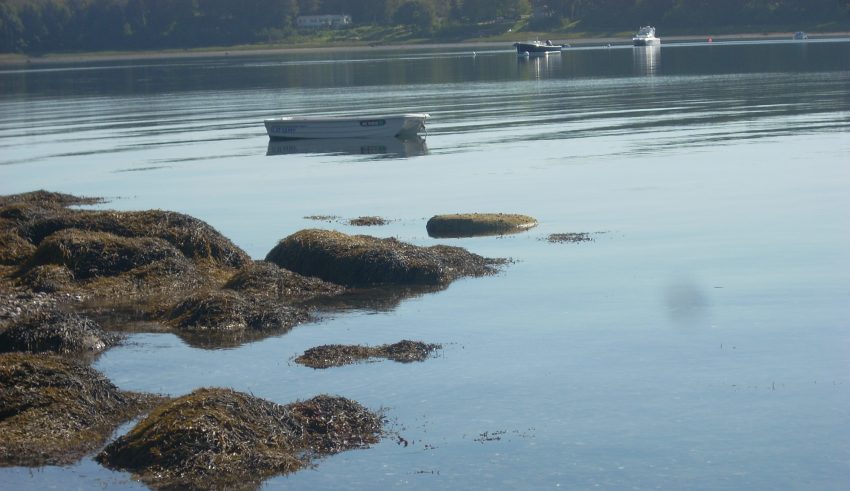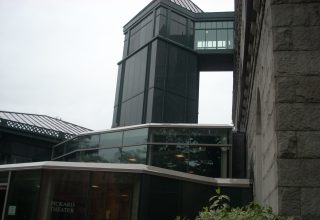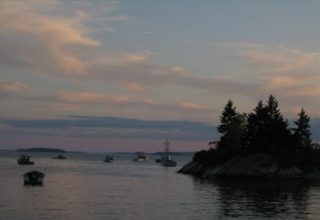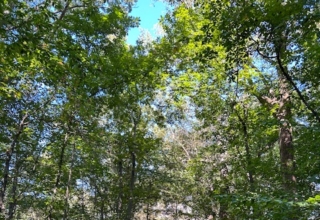
(excerpted from “Integral Leadership Coaching: A Partner in Sustainability” by Lloyd Raines, published March 2007, Integral Leadership Review.)
How do coaches explore the moral dimensions of leadership without passing judgment in the process? How might we engage in inquiry in ways that stimulate careful reflection on the leader’s and organization’s impact on others and nature? We do this carefully and courageously. Moral development is a dialogue of exploration that requires looking truthfully at the short-term, intermediate, and long-term positive obligations that go with positions of authority. How can we do that?
As mentioned earlier, coaching always starts with where a client is, presently, and develops from there. The coaching might initially start in the cognitive domain, yet quickly move toward explorations of the body, emotions, and spirit—noticing how one dimension relates to the other.
Three Stages of Development
This entire process moves developmentally towards maturity, in moral and spiritual terms, through three basic stages, according to Carol Gilligan (1982). At the first stage, we encounter behavior that is self-interested and selfish. This looks out for Number One, regardless of what it means for others. I am the center of the universe, and I act accordingly. There is an experience of ―me and the rest of the world.
The second stage encounters behavior that expresses care. When our circle of concern expands, we see our self-interest as being directly tied up with the self-interests of others in our close-in tribes (based on some particular likeness, belief, or affiliation). These tribes have an insular feel, with members acting one way with other tribal members, and another with those not of the tribe. There is an ―our and they or ―insiders and outsiders‖ experience.
At the third stage, we experience the interconnectedness of people everywhere and our connection to nature. This interconnectedness is expressed by behaviors that act from a sense of universal care. At the third stage, the entire global community and ecology are experienced in an ―I-Thou relationship. There exists an inclusive ―we‖ experience. This third moral stage acknowledges and behaves as if people anywhere are part of one tribe, inseparable, where we experience the joys and suffering of others as closely akin to our own. And the universal tribe acts willingly and willfully from a reverence for the beauty and bounty of nature and the dignity and common longings of the global human community.
Achieving a higher stage of moral development is not permanent, however. When under duress, stress, conflicts of interest, the intoxication of privilege or power (in service to self-interest), or the desperation of powerlessness and alienation, anyone can fall from a higher moral stage to lower ones—sometimes dropping two moral stages in Gilligan’s taxonomy.
Each of these three stages, in a way, also has to do with harnessing intelligence. The first stage, selfishness, harnesses the individual’s intelligence to serve the interests of the individual. The second stage, care, is for harnessing the collective intelligence of one’s close-in tribes for the care of those tribes. And finally, the third stage, global care, involves the full-fledged harnessing of the collective intelligence of the human community to benefit the whole community, including those least well off and those who are the least powerful.
As leadership coaches, we can choose to bear witness for the well-being of the global community through our listening, distinctions, questions, and provocations. We can choose to take part in conversations with powerful leaders, with the dispossessed and those without voice or power – sitting invisibly on our shoulders, listening with us, wondering if , how, and when we coaches will speak for the dignity of their spirits, and ask questions that honor their predicaments.
For a visual representation of these domains and dimensions of stewardship and care, see the following model (to be found in attached document). It integrates Wilber’s integral model with Carol Gilligan’s simplest articulation of moral stages of development. What the integral framework provides for leadership coaches and leadership coaching is a way to see the wholeness of the playing field we enter every time we engage in coaching. By holding a framework of wholeness, we can be more attentive, careful, and caring about what we listen for and inquire about with leaders. It enables us to have a balanced awareness and approach to supporting the personal flourishing of a leader in service to the responsibilities and opportunities that accompany their position. Connecting the interior landscape with the exterior reality becomes the muse.
In one of the Hindu sacred texts, the Mahabharata, the warrior Arjuna pauses to confer with Lord Krishna before beginning armed battle. In his spiritual confusion, he confesses to Krishna, ―I’m torn because I don’t know whether the real battle is on the field or in my heart,‖ to which Krishna responds, ―I can see no difference.‖ A partially cultivated heart renders, at most, partially cultivated eyes for discerning the truth and knowing how to respond from the wisdom of the heart-mind instead of lower order instincts.
Engaging Oneself
What orientation might coaches embody to partner in the cultivation of wisdom in leaders? The good news is that many diverse approaches to leadership coaching work. I continue to be moved and amazed at the multitude of ways that coaching evokes transformation in leaders. It’s as if there are so many ports of entry for that catalysis, and the desire and hunger are so strong on the part of clients, that touching any one dimension of that longing throws open big doors and windows, cascading into many smaller shifts that result in a qualitative shift. It’s beautiful to behold.
Based on my own experience, I also know that I am able to coach only to the limit of my own understanding and experience. To that degree, I am called to continually study, experiment, and grow as an experienced integral leadership coach, improving in the ways I am able to hold active focus on the interplay between the leader’s interior and his or her behaviors (performance and outcomes), the surrounding culture/s (organizationally and beyond), and systems (organizational, social, ecological). That’s a rich, holistic awareness.
Each of these dimensions is synergistically alive in the other, engaged in an on-going exchange of subtle energies. Each approach holds within it the seeds of the other, and when consciously aligned has a multiplier effect, enhancing the potential for a greater capacity in four areas understood as one whole ―ecological‖ system (living within others). From a distance, as the astronaut flies, we can see and begin to grasp life within one natural biosphere populated by endless systems within systems. Our challenge now is to act as if we understand that we are one interdependent biosphere.
Download Article
















